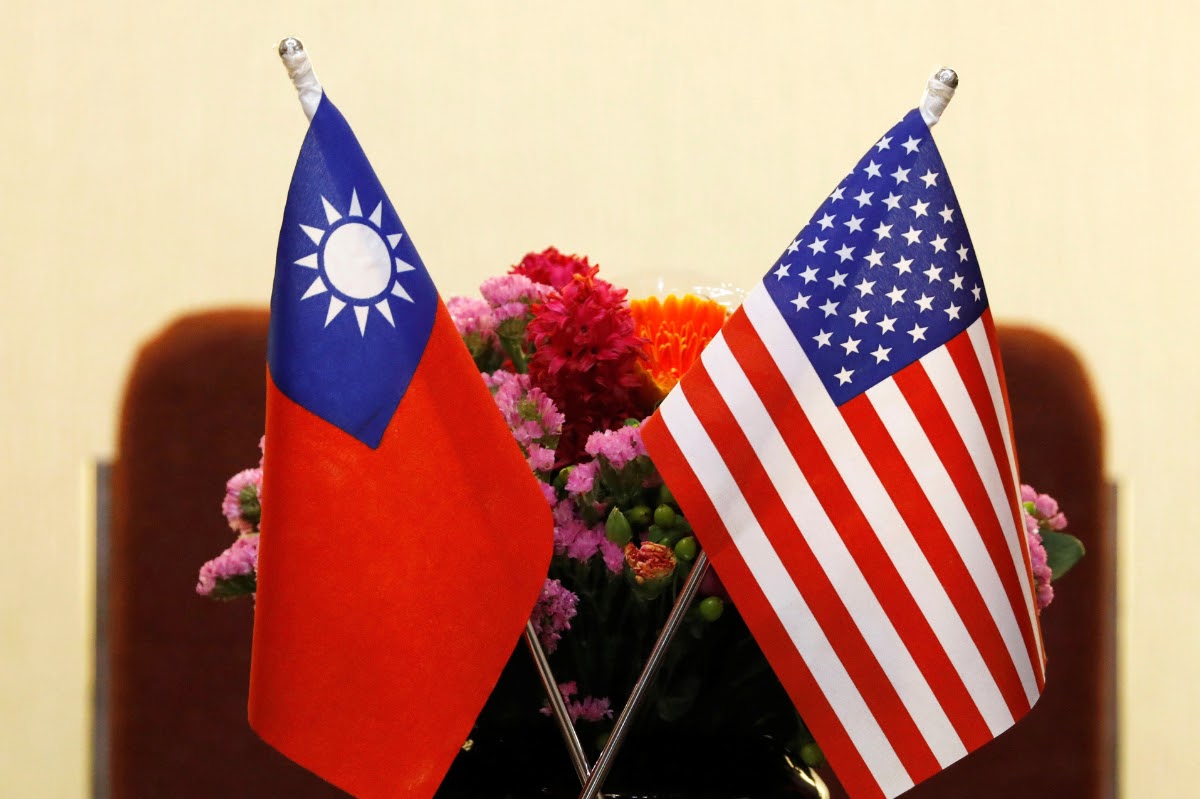Most Taiwanese view China negatively, favor closer ties to the U.S.
A new report by the Pew Research Center, a public opinion research organization based in Washington D.C., has found that a majority of Taiwanese adults hold negative views of mainland China, and support closer economic and political ties with the United States.

A new report by the Pew Research Center, a public opinion research organization based in Washington D.C., has found that a majority of Taiwanese adults hold negative views of mainland China, and support closer economic and political ties with the United States.
The survey, which was conducted between October 16 and November 30, 2019, several months before the outbreak of COVID-19 and the sweeping re-election of the Democratic Progressive Party’s (DPP) Tsai Ing-wen 蔡英文 (Cài Yīngwén) as President of Taiwan in January 2020, found that 61% of those surveyed held unfavorable views of China, while only 35% saw China positively.
The numbers were almost identical when it came to the question of whether or not participants were supportive of Taiwan forging closer political ties with China: 60% of people expressed opposition, while only 36% of people were in favor.
Yet despite the prevalence of unfavorable views of the mainland, Taiwanese adults were much more evenly split when it came to whether or not Taiwan should pursue closer economic ties with China: 52% of those surveyed were supportive of closer economic ties to the mainland, while 44% expressed opposition to the notion.
By contrast, a majority of Taiwanese adults, 68%, viewed the U.S. favorably. The vast majority of the Taiwanese population were found to be supportive of closer economic and political relations with the United States. 85% of those surveyed expressed support for closer economic ties, and 79% were in favor of closer political relations.
As the report points out, political and national identity, as well as age, can be indicative of how likely someone is to hold favorable views of China or the United States.
Of those who support Tsai’s Democratic Progressive Party — which, as the article notes, “asserts there is a Taiwanese national identity” — only 14% hold positive views of China, while 82% have favorable perceptions of the United States. This stands in marked contrast to supporters of the Kuomintang (KMT), which has traditionally emphasized closer relations with Beijing, who were found to hold mostly favorable impressions of China (66%). Yet a majority of KMT supporters, 57%, were also found to view the U.S. favorably.
Younger people between the ages of 18 and 29 were also less likely to hold favorable views of China. In this group, only 30% viewed China favorably, while 73% held favorable views of the U.S. Taiwanese over the age of 50, meanwhile, reported favorable views of China and the U.S. at 41% and 63%, respectively.
The report also found that a majority of Taiwanese adults (66% total) across all age brackets now identify as only Taiwanese, as opposed to both Chinese and Taiwanese (28%), or only Chinese (4%), which the report’s authors note is in keeping with the findings of other polls that show an increasing number of Taiwanese citizens are identifying as Taiwanese only.
Although they may seem stark, Taiwanese perceptions of the two dominant Asia Pacific powers largely mirror those held by others in the region. Drawing on the research center’s spring 2019 Global Attitudes Survey (conducted from May 18 to October 2, 2019) which looked at Japan, South Korea, the Philippines, Indonesia, Australia and India, the report noted that, like Taiwan, every country reported that a greater percentage those surveyed held favorable, rather than unfavorable, views of the United States. Similarly, with the exception of Indonesia (which reported an even split), people in each country were more likely to hold unfavorable, rather than favorable, views of China.
While these findings and trends have potentially important implications for Taiwan’s domestic political and foreign policy landscapes, the question now is whether these findings continue to hold true in the post-COVID-19 world. While both China and the U.S. have been quick to claim victory in the battle against COVID-19, neither has escaped with its reputation unscathed. As for how COVID-19, and the governmental responses to it, impacts Taiwanese public opinions of China and the U.S., we will likely have to wait for future surveys to find out.





